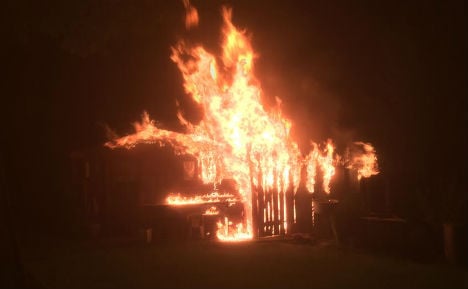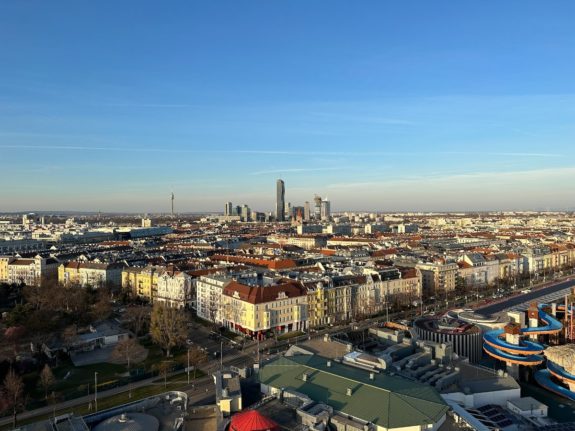He has since been arrested and banned from the fire department.
According to police, a series of fires which began in mid-July have been under investigation due to their suspicious nature and a link to the local fire chief. The latest incident took place as recently as September 24th.
It all began with a wood chip heating system, then a barn and some rubbish bins went up in flames. A garden shed was burnt two weeks later, followed by some outdoor furniture and a patio door which caught fire directly within the fire chief’s home.
He and his current partner had to be briefly hospitalised for smoke inhalation after the incident in his house.
Despite the fact that the 37-year-old fire chief admitted to the arson charges, his motive still remains unclear.
The Lower Austrian newspaper NÖN reports that among the possible reasons for his actions are the “accumulated pressure” from his divorce and alimony payments.
He will nevertheless never be able to work as a fireman again. “Whomever commits such inexplicable acts has no place within an organisation that claims 70,000 annual voluntary deployments in the service of humanity”, said Franz Resperger, spokesman for the Lower Austrian fire fighter’s association.
As the investigation continues, the arsonist will remain in police custody in St. Pölten.



 Please whitelist us to continue reading.
Please whitelist us to continue reading.